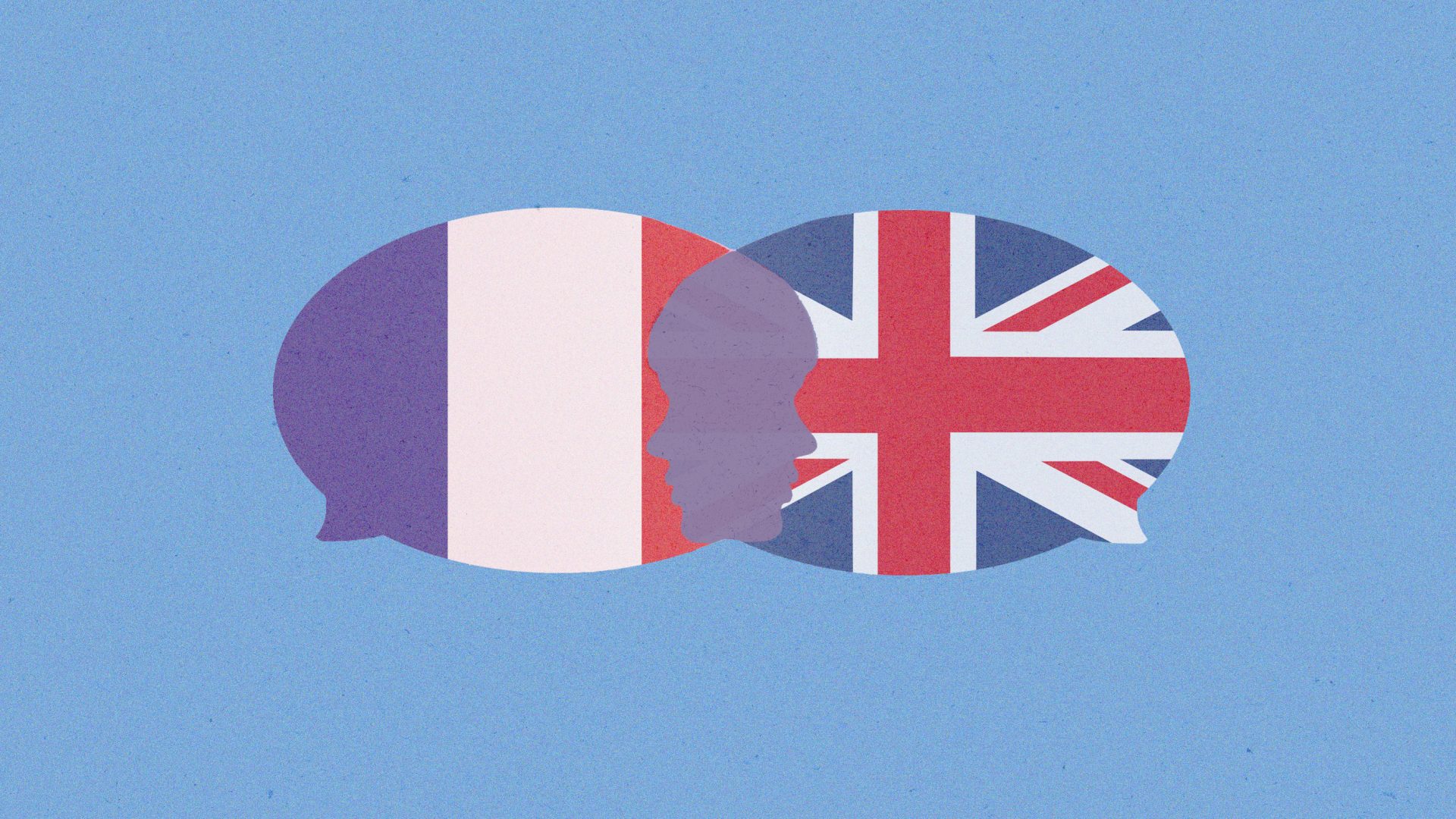“No, no, no, I’m sorry but you just can’t use that word”. My friend and I were chatting away on the couch, but she’d felt the need to stop me in full flow. She’d had enough.
The friend in question was French, and someone I’ve known since high school. She now lives in New York and we spent a lot of time together when I was there last year. The culprit, in this context, had been the word “tordant” which – it’s true – I do use freely.
How to translate tordant? Well, it depends what you’re looking for. In a way, it’s a very straightforward adjective: it means “funny”. That’s fine.
The problem my friend had, however, was with the texture of the word; its context. It is, to say the least, quite old fashioned. I’m not entirely sure what a straight English equivalent would be, but can give you an adjacent example instead.
Say you’re in your thirties, gossiping with a female friend over a glass of wine. Were she to turn to you at some point and say, “babe by the way, oh my god, that dress you wore last Saturday was simply ravishing”, you’d do a double take, wouldn’t you? It’s dissonant – it doesn’t belong in that sentence. You can tell.
That’s what tordant sounded like to my friend. She’d politely ignored it the first, second and probably sixth time, but eventually she’d had enough.
Though her outburst initially made me laugh, the structures hiding behind my use of the word ended up haunting me. Our speech is a living, breathing thing, influenced entirely not just by who we are but also by where we live and, perhaps most importantly, who we talk to. It is, by definition, the most social thing there is. Tordant was, in this context, both a collection of sounds and a tragedy.
When I moved to London in 2009, I knew no French people there. In the years that followed, however, I got lucky. In the space of around a decade, five women I’d known in France decided to follow in my footsteps and give the capital a go. It was brilliant; I was able to build a life for myself, full of people from every corner of the world, yet still have people around me who shared both my upbringing and my mother tongue.
Over time, though, they all ended up leaving. The first one realised quite quickly that she’d had enough, and longed for her small town in eastern France. The second and the third felt their careers would flourish better elsewhere. The fourth moved because of a romantic partner; the fifth and last, back in 2023, returned to Paris because Brexit had decimated her industry.
Fourteen years after crossing the Channel, I’d ended up where I’d started. I was in London and I was happy, sure, but I’d lost all social links to my home country. Crucially, I’d also stopped speaking French entirely: my British life was solely happening in English. The only conversations I would have in French would be with my parents and my grandmother, and conducted over the phone.
Because the youngest of those three people was born in the mid-60’s, my vocabulary ended up adapting. Slang was soon on the way out, and replaced by properly constructed sentences, and the occasional obsolete word. I didn’t notice I was doing it at all, just like you don’t notice every facial expression you make when talking to someone. We’re built to engage with people; this stuff comes to us naturally.
It did start to annoy me once my friend had pointed it out, though. I was happy to spend time with her in New York but knew I would soon return to an entirely English life in London, and worried about what it was going to do to my lingo. I’m just not old enough to sound like someone’s haughty aunt. What other choice did I have, though?
In the end, I just got lucky again. I had this acquaintance back in Britain – another French female journalist – and circumstances brought us together at the end of the year. We now see each other every other week, and chat away whenever we can. Because she’s quite a recent import, her French is far more youthful than mine. As a result, spending time with her makes me feel like an eager teenager, desperately picking up on the cool new words and covertly teaching myself how to use them.
It’s been a real joy, both because I now feel young in French again, and because I just didn’t want that part of my language to die. The way we speak is who we are, and though I am unlikely to ever move back to France, I don’t want that part of my life to disappear entirely.
My words ossified for a bit and it concerned me, and I’m delighted to feel them come back to life inside my mouth again. I may still use tordant once in a while though; it’s a part of me, and there’s no shame in that.



